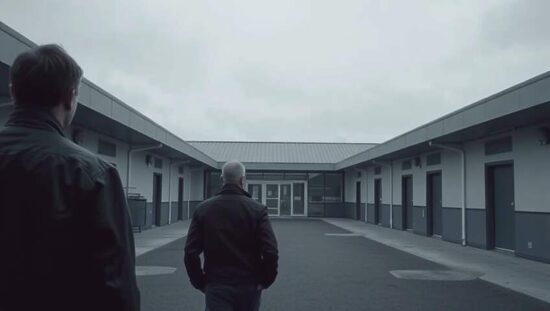Austria’s Interior Minister Gerhard Karner has issued a stark warning regarding the escalating threat of drone-related security risks across the European Union, predicting a significant surge in incidents following the conclusion of the war in Ukraine. Speaking to German media, Karner expressed concern that the cessation of hostilities would likely trigger a proliferation of advanced drone technology into the hands of organized crime and even petty criminals via illicit channels. He drew parallels to the aftermath of the Yugoslav wars in the 1990s, highlighting the potential for “highly dangerous, modern drone technology” to present entirely new challenges for European states. Karner stressed the urgent need for rapid and coordinated European responses to this evolving threat.
Beyond the drone concerns, Karner announced plans by Austria’s governing coalition, comprising the conservative ÖVP, Social Democrats and the Neos party, to introduce “prison-like stays” for juveniles under 14 who have repeatedly engaged in criminal activity. The move reflects growing anxieties over youth crime and signals a shift towards more restrictive measures.
Responding cautiously to comments made by German Chancellor Friedrich Merz regarding perceived issues with the urban landscape in Germany, Karner acknowledged the subjectivity of such observations. He emphasized the importance of preventative action to address violence in public spaces, pointing to measures already implemented, including relaxed regulations for video surveillance – with a 48-hour storage duration – at crime-prone locations. He also advocated for increased lighting and a more diverse mix of housing in neighborhoods to prevent the formation of “gated communities.
Karner took a particularly critical stance on a key element of the EU’s proposed Asylum and Migration Management System (GEAS), specifically the Solidarity Mechanism intended for implementation by June of next year. He characterized the mechanism as a “fundamental misconstruction” arguing that distributing asylum seekers among EU member states is not the solution to the migration crisis. Instead, he advocated for a strategy focused on preventing migration flows from Africa altogether, citing the establishment of asylum procedures in countries outside Europe, the creation of return centers and the implementation of a “robust” protection of the EU’s external borders, even involving military personnel. Karner voiced a sentiment of public fatigue regarding the repeated invocation of “solidarity” in migration policy.
The Solidarity Mechanism, which aims to redistribute asylum seekers from heavily burdened nations like Italy and Cyprus to less pressured member states, has been definitively rejected by Austria. Karner reiterated that Austria considers such a redistribution to be inappropriate, citing the nation’s already significant past contributions to refugee resettlement.





